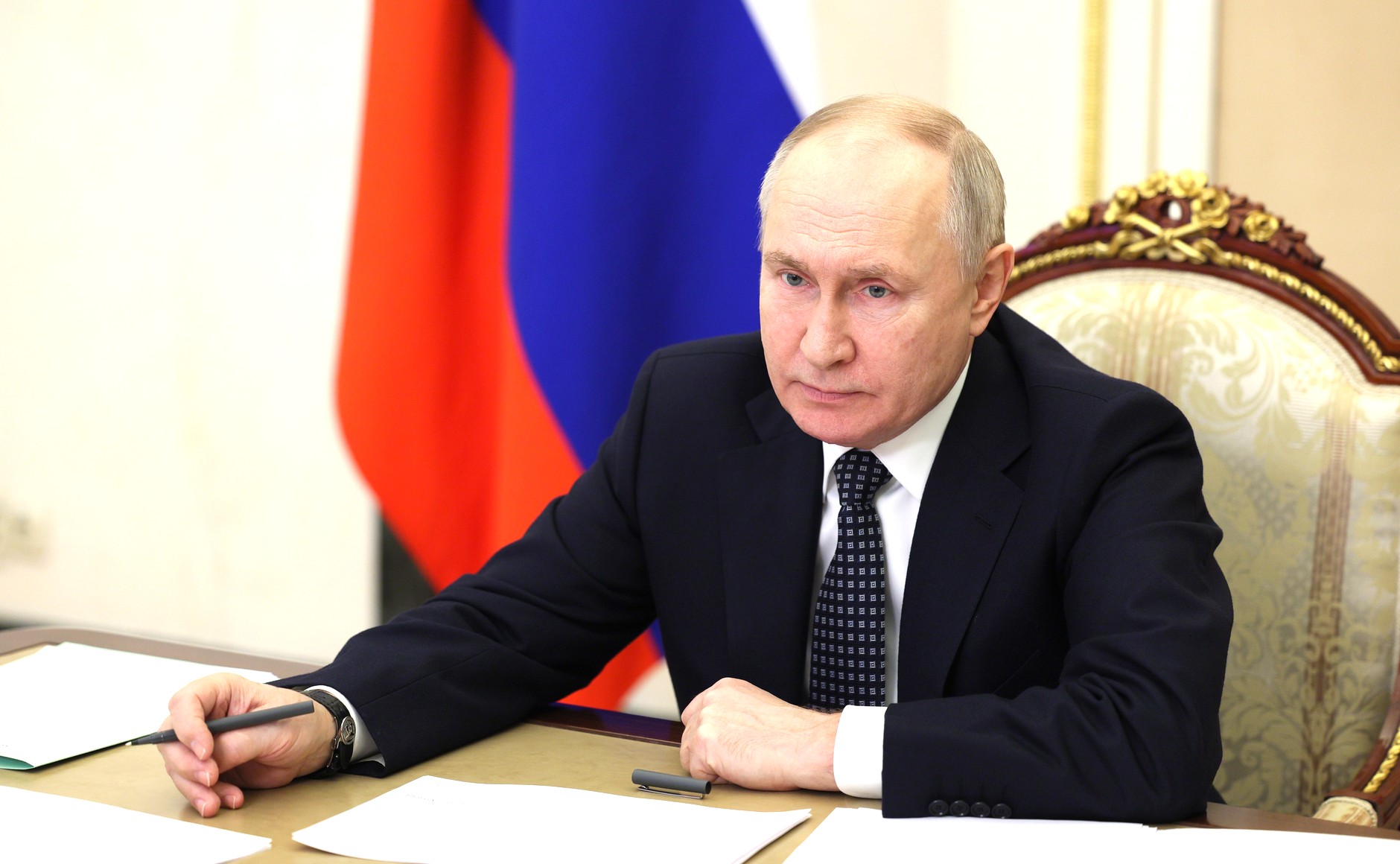The swift action, less than a month after the bill entered legislative proceedings, underscores the Kremlin’s decisive response to what it describes as misinformation. This accompanies the existing maximum prison sentence of up to 15 years for disseminating “fake news.”
According to a statement from his office, Putin signed the Federal Law On Amendments to the Criminal Code of the Russian Federation and the Criminal Procedure Code of the Russian Federation, aimed at “enhancing the efficiency of the criminal law protection of the constitutional framework and security of the Russian Federation.”
The latest changes expand the scope of “sabotage activities” and introduce accountability for public calls advocating actions against state security, motivated by various factors such as political, ideological, racial, ethnic, or religious animosity, as well as hatred or enmity toward any social group. These amendments also broaden the range of offenses subject to asset seizure.
“In particular, any assets obtained as a result of committing crimes committed for mercenary motives such as public dissemination of knowingly false information about the use of the Russian Armed Forces, exercise by state bodies of their powers, provision of assistance by volunteer units, organizations or individuals to the Russian Armed Forces or National Guard in performing their missions, and public calls for actions directed against the security of the state, shall be subject to compulsory seizure without compensation and conversion into state ownership on the grounds of a conviction,” according to the statement.
Furthermore, assets used or intended to finance terrorism, extremist activities, organized groups, illegal armed units, criminal networks or associations, or any actions against the security of the Russian Federation, as perceived by the Moscow regime, will be liable for confiscation.
Previously, such penalties were typically reserved for individuals involved in severe or exceptionally serious criminal activities.
The law not only targets individuals within Russia’s borders but also applies to Russian exiles who dare to criticize the Kremlin’s military strategies.
“They live comfortable lives, renti real estate, and continue to receive payments at the expense of Russian citizens,” remarked Vyacheslav Volodin, the Chairman of the State Duma, as the bill entered parliamentary procedure last month, referring to dissenters who have fled Russia.
“They allow themselves to publicly defame our country. Being abroad, they feel impunity, believing that justice cannot reach them,” he said.
However, the law will not be retroactively applied, preventing the confiscation of assets from individuals previously convicted under these provisions, according to independent news outlet Meduza.
Nearly five years ago, in 2019, Russia enacted a set of controversial media regulations targeting the spread of fake news and the defamation of government officials, applicable to both traditional media and online platforms.
The legislation was strengthened in March 2022, in the wake of the Russian invasion of Ukraine.
In addition to endorsing the stringent confiscation amendments, Putin on Wednesday also signed a law transferring jurisdiction for administrative cases concerning the identification of information materials as extremist, assigning such cases to higher courts instead of district courts, as was previously practiced.
According to a statement, “the Law states expressly that a supreme court of a republic, a territorial or regional court, a court of a federal-level city, a court of an autonomous region or a court of an autonomous area, rather than district courts,” shall try such cases.
The document specifies that the appropriate court must include copyright holders, publishers, authors of materials, and/or translations of those materials as interested parties in the case.

